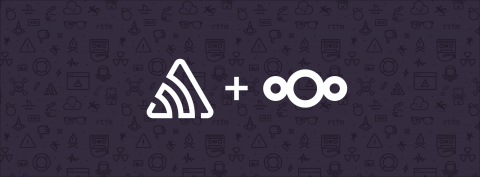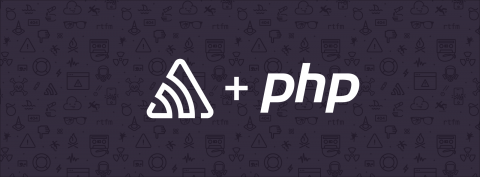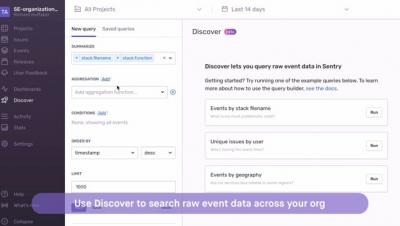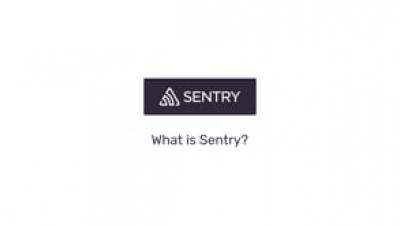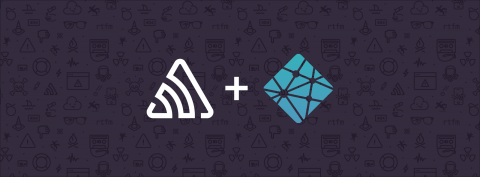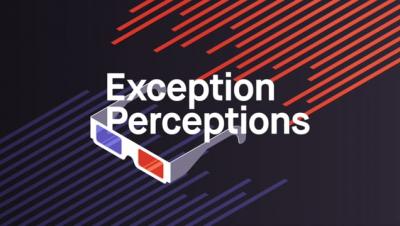Operations | Monitoring | ITSM | DevOps | Cloud
Sentry
How Nextcloud Uses Sentry to Build Private, Federated Clouds
Nextcloud is an open source, self-hosted file share and communication system. You might even consider it a platform, in the sense that apps run on top of Nexcloud and it provides a variety of features beyond file handling, including calendar/contacts, project management, communication, and more.
Introducing: Sentry's Unified PHP SDK
If you’ve done web development in the past decade, you’ve probably heard about the Personal Home Page (PHP) programming language. Some love it — some don’t. The fact is that PHP is one of the most used programming languages for web development. While you probably don’t script together your Personal Home Page these days, many PHP frameworks, like Laravel and Symfony, are still gaining popularity and others are well established.
New Features, Greater Visibility
Sentry’s newest features provide both macro- and micro-level perspective of trends in your errors and application’s health. They’re great — you’ll see.
Exception Perceptions: 4 Best Practices for Using Docker Compose
On this episode of Exception Perceptions, Bret Fisher, Docker Captain and creator of the popular Docker Mastery series on Udemy, helps us master Docker Compose. Watch the episode, and read more of Bret’s suggested best practices. Then go and get all of his Docker resources.
Find and Fix Bugs Faster with Updated GitLab Integration
Peanut butter and jelly, donuts and coffee, Wendy’s Frosties and french fries — these combinations just work. We don’t ask why; we accept nature’s gift and enjoy. We hope you also accept and enjoy our gift of another great pair: Sentry and GitLab. In fact, Sentry and GitLab already go together so well that users who have installed this integration successfully resolve issues triaged in-platform 73% of the time.
How HTTP Toolkit Debugs Netlify Errors with Sentry
Netlify functions are a quick, easy and powerful tool, but like most serverless platforms, they can be even more difficult to debug and monitor than traditional server applications. It’s a hard environment to precisely recreate locally, there’s no machine you can SSH into in a pinch, and no built-in error notifications. Your code is going to break eventually, and you need the tools to fix it.



